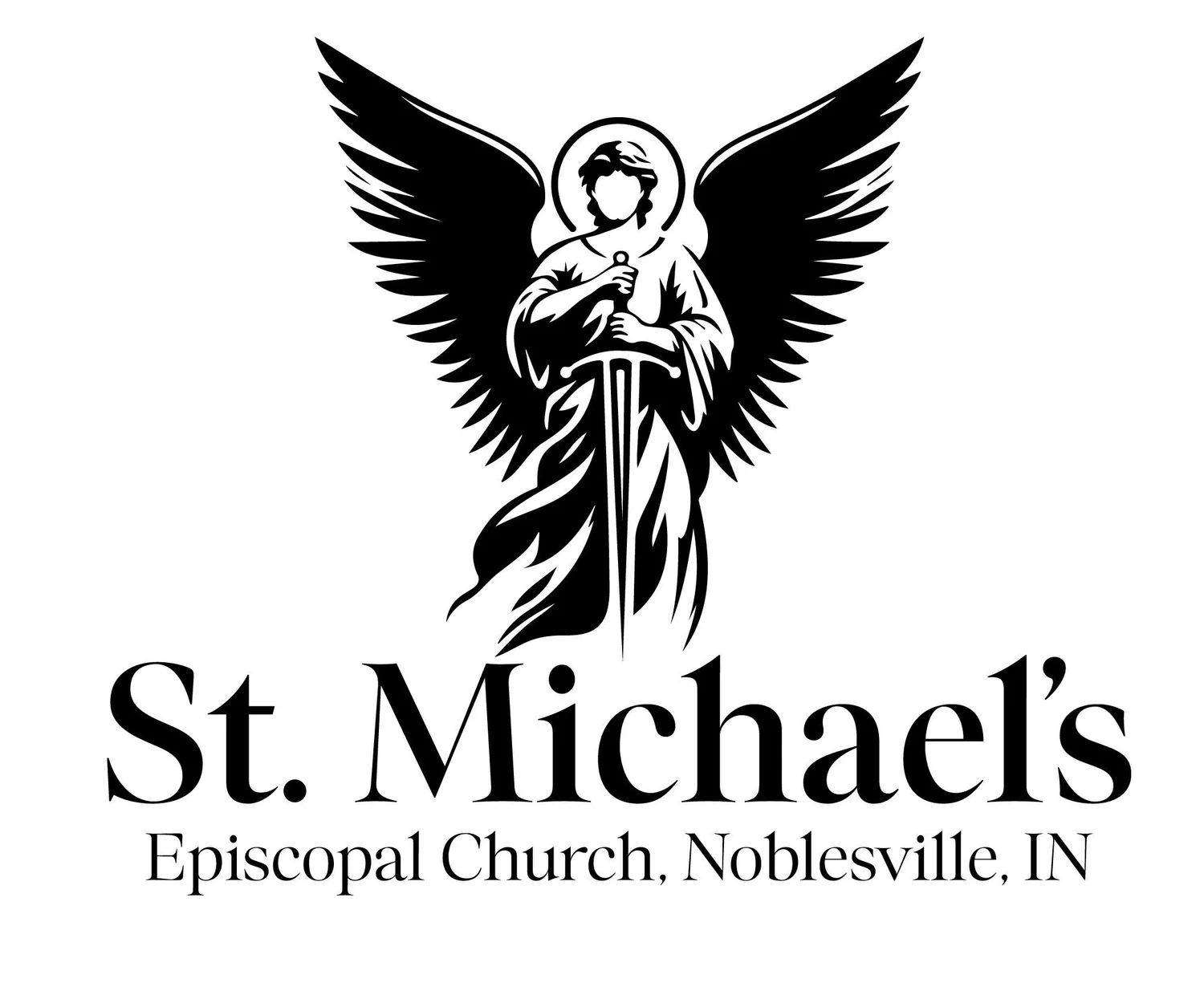What Is the Episcopal Church?
“Episcopal” means “bishop” in Greek, and the Episcopal Church is governed in part by its bishops. The Episcopal Church strives to live by the message of Christ, in which there are no outcasts and all are welcome. Walking a middle way between Roman Catholicism and Protestant traditions, we are a sacramental and worship-oriented church that promotes thoughtful debate about what God is calling us to do and be, as followers of Christ.
Exploring this section may answer some of your questions - or raise additional ones! The best way to learn about the Episcopal Church is to become a part of it or visit the official homepage of the Episcopal Church.
St. Michael's is a member of the Episcopal Diocese of Indianapolis.
All Are Welcome
In the Episcopal Church, all baptized Christians—no matter their age or denomination—are welcome to “receive communion.” Episcopalians invite all baptized people to receive, not because we take the Eucharist lightly, but because we take our baptism so seriously.
Visitors who are not baptized Christians are welcome to come forward during the Communion to receive a blessing from the presider.
Scripture, Tradition, and Reason
The Anglican approach to reading and interpreting the Bible was first articulated by Richard Hooker, in the 16th Century. While Christians universally acknowledge the Bible (or the Holy Scriptures) as the Word of God and completely sufficient to our reconciliation to God, what the Bible says must always speak to us in our own time and place.
The Church, as a worshiping body of faithful people, has for two thousand years amassed experience of God and of loving Jesus, and what they have said to us through the centuries about the Bible is critical to our understanding it in our own context. The traditions of the Church in interpreting Scripture connect all generations of believers together and give us a starting point for our own understanding.
Episcopalians believe that every Christian must build an understanding and relationship with God’s Word in the Bible, and to do that, God has given us intelligence and our own experience, which we refer to as “Reason.” Based on the text of the Bible itself, and what Christians have taught us about it through the ages, we then must sort out our own understanding of it as it relates to our own lives

